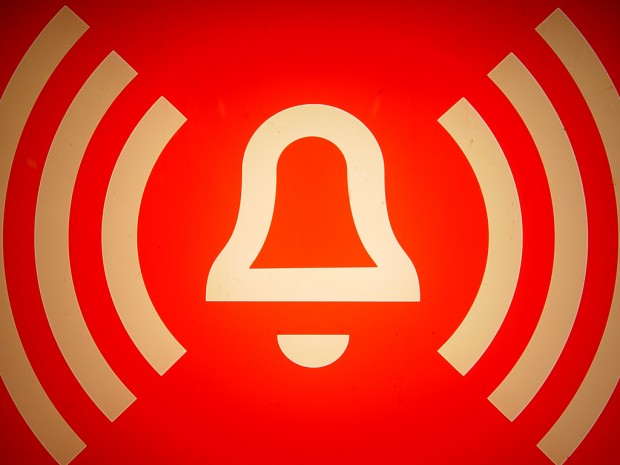


The Canadian government is introducing a new mandatory alert system for cellphones, starting April 6. But let’s examine the effectiveness and availability to the public.
With the growing importance of cell phones in our day to day lives, Canada is the next country to introduce the text-based early alert system for emergencies. The system, which is called Alert Ready, also includes television and radio and works with the Federal, Provincial and Municipal emergency management levels.
This is no doubt a step in the right direction. But there is a big “if” that still needs to be clarified.
On the homepage of First Alert, they specify that the system can only be used on cell phones that are on the 4G/LTE networks. While this covers all modern Smartphones, it is still uncertain how many Canadians are still on 3G or even older data networks and cellphones that would be incompatible with the service.
Also, those with lower incomes might not be able to afford to be on the 4G/LTE cellphone networks, to begin with. It may have been wise to commission a preliminary study to identify how many Canadians are on the recent systems versus older ones, to start with.
Keeping into consideration that LTE has features like Geo-location (which can give area-specific notifications), having an intermediary system that sends alerts — regardless of the network — would be a superior alternative until the older systems are rendered obsolete.
A secondary issue with LTE/4G networks is that there are still dead zones outside of major cities, which would limit their reach mainly to urban centres.
There are also the simple “what if” scenarios. For example, if somebody is sleeping and their phone is off, they will not be able to see or hear the alert. While there are still television and radio alerts, they aren’t likely on at night, if the resident is either sleeping or not expecting an emergency.
All in all, the idea is sound, and the technology is there — but it still might take a few years for 4G/LTE networks to become the standard for all cellphone users.
